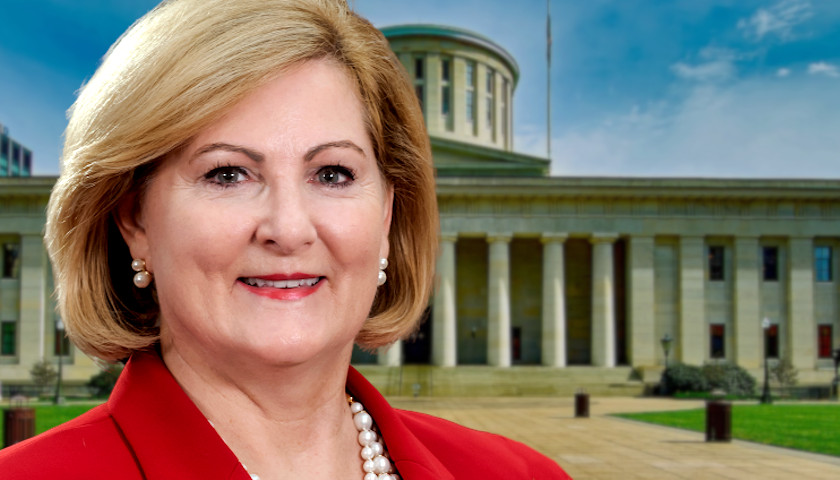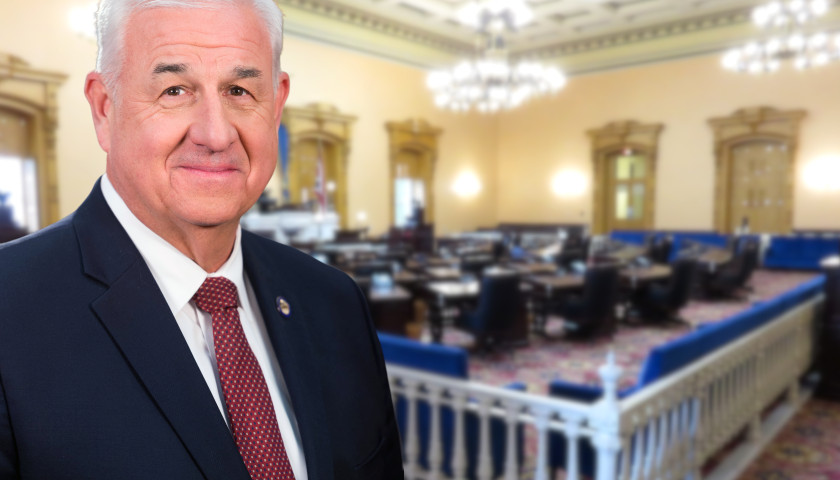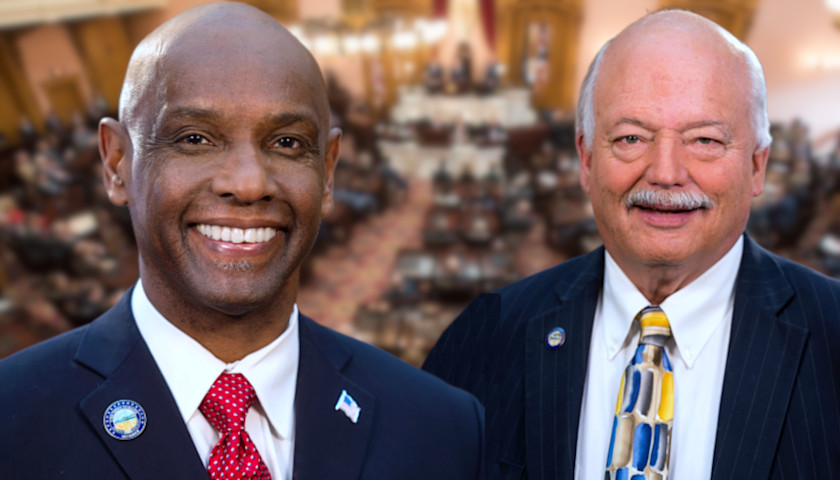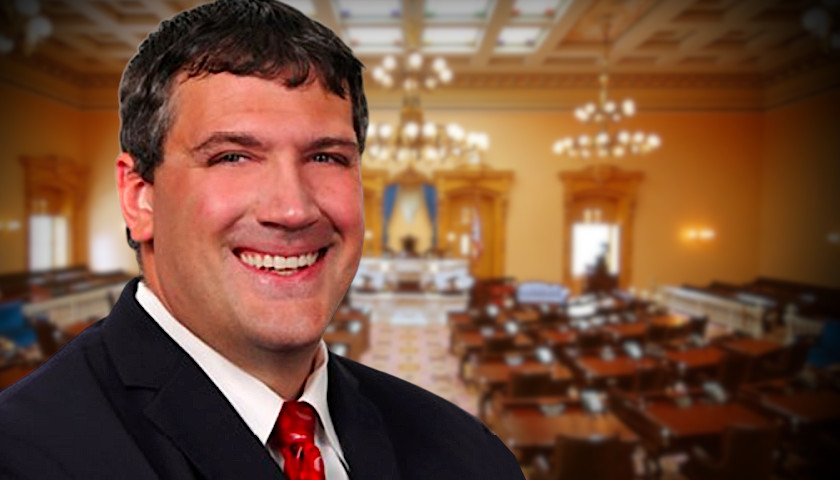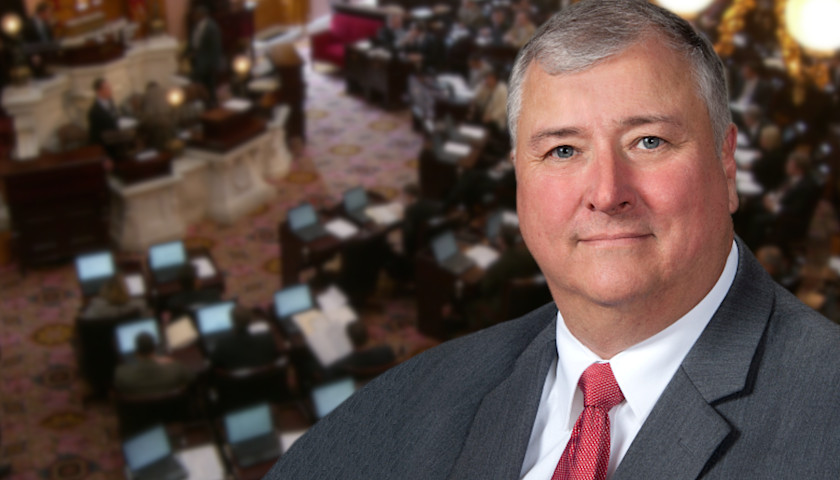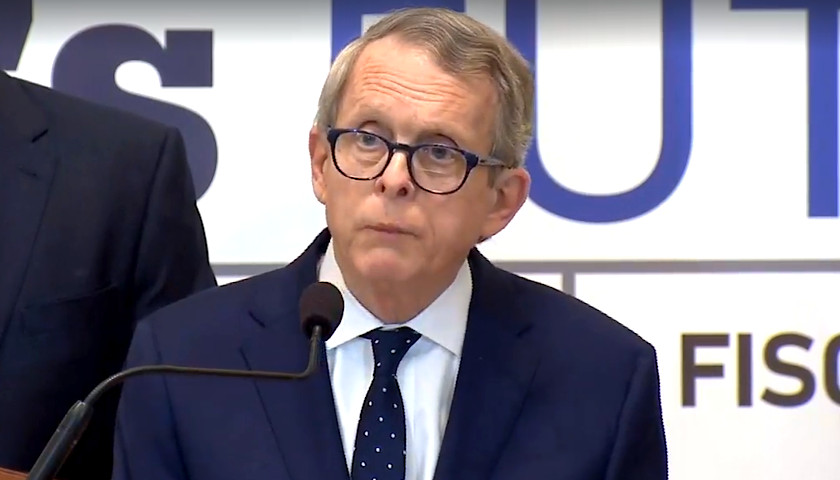The Buckeye Institute, an Ohio-based conservative think tank, warned lawmakers Tuesday that state government spending “has outpaced inflation and population growth for years,” meaning the “day of reckoning will be painful for families and businesses” if they don’t cut down on spending. Greg Lawson, a research fellow at The Buckeye Institute, testified before the Ohio House Finance Committee on House Bill 166, the House version of the state’s biennial budget. Lawson began his testimony by noting that the budget decisions arrive “during an economic expansion of historic duration.” In fact, if current economic growth continues until July, it will be “the longest economic expansion in U.S. history.” “Now is the time to pursue meaningful, sustainable reform and take full advantage of this biennial opportunity to make Ohio more prosperous, while avoiding missteps that could lead to a disastrous recession,” Lawson said, suggesting changes to the proposed budget in the areas of government spending, public education, Medicaid, and taxes. He argued that “spending ever-greater sums of taxpayer dollars every fiscal year establishes higher budget baselines that make economic downturns more painful and policy choices more difficult.” “Setting those higher baselines forces future policymakers to choose between painfully increasing taxes during…
Read the full story


